Ban on tongue piercing for under-18s passed by AMs
- Published

Tongue piercing in Wales will be banned for under-18 year olds under the Public Health Bill
Tongue piercings for under-18s are to be outlawed after a wide-ranging public health bill was passed in the assembly.
The Public Health Bill, which proposes a ban on smoking in playgrounds and licensing for tattooists, has been unanimously backed by AMs.
Under the law Welsh ministers will also now have a duty to draw up a strategy to prevent and reduce obesity.
It comes 14 months after a similar bill failed to get approval amid a row over a now dropped partial e-cigarette ban.
The Welsh Government's bill originally proposed banning intimate piercing for under-16s - but this has now been extended to cover under-18s.
The measure covers the piercing of the tongue and genitalia - an AMs committee said that the weight of evidence on the medical implications meant that the proposed ban should be extended.
It is one of several amendments made to the proposed law during its second passage through the Senedd. Others include:
a Plaid Cymru proposal to place a duty on ministers to produce a national strategy on preventing and reducing obesity
the bill's original proposed ban on banning smoking in school grounds, hospital grounds and public playgrounds extended to the outdoor areas of registered childcare settings.
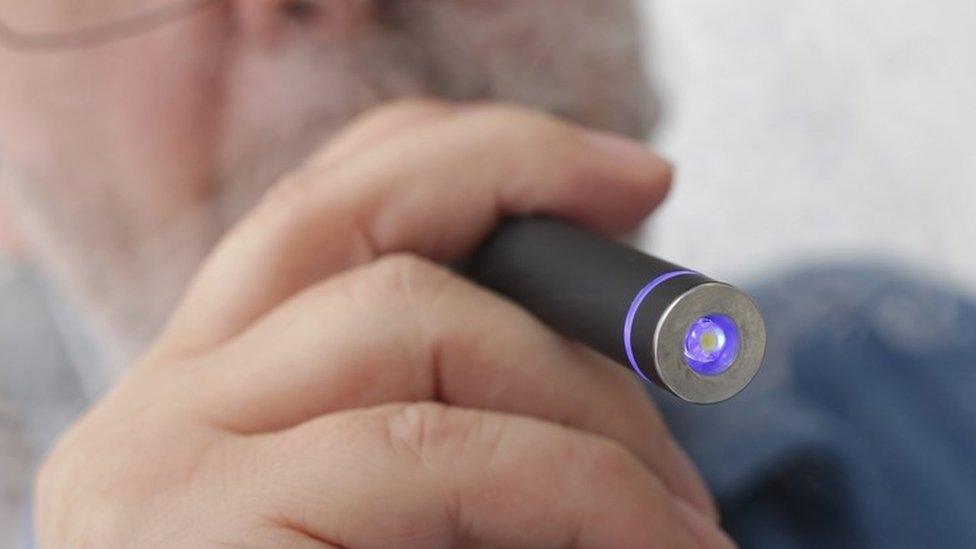
A proposed e-cigarette ban was dropped last year
Other measures in the law include creating a mandatory licensing scheme for acupuncture, body piercing, electrolysis and tattooing.
The bill, now to become the Public Health Act, also prohibits tobacco and nicotine products from being handed over to under 18s by home delivery or collection services and creates a national register of retailers of tobacco and nicotine products.
The older version of the law had failed to pass in the last assembly term because of a lack of opposition support over a ban on the use of e-cigarette devices in some public places.
The ban had attracted criticism from the Conservatives and Liberal Democrats, although some Plaid AMs were expected to help the bill pass the assembly.
That changed after comments by former Public Services Minister Leighton Andrews, dubbing a previous deal with Plaid Cymru a "cheap date", upset the group and led them to reject the bill in dramatic scenes.
The bill was reintroduced to the Senedd with the e-cigarette element dropped after the assembly election, and this time the law had a much smoother ride, with no objections from opposition AMs.
Plaid Cymru, the Welsh Conservatives and UKIP all said they would support the revised proposals prior to the vote.
Public health minister Rebecca Evans said if passed the bill "will create the conditions which enable people to live healthy lives and will protect them from preventable harm".
In a Senedd debate the Welsh Conservatives' Darran Millar told AMs that the bill was in "much better shape" than when it included the e-cigarettes ban.
Plaid Cymru's Rhun ap Iorwerth said the Public Health Bill could be an important tool in safeguarding health.
- Published10 February 2017

- Published7 November 2016

- Published7 November 2016
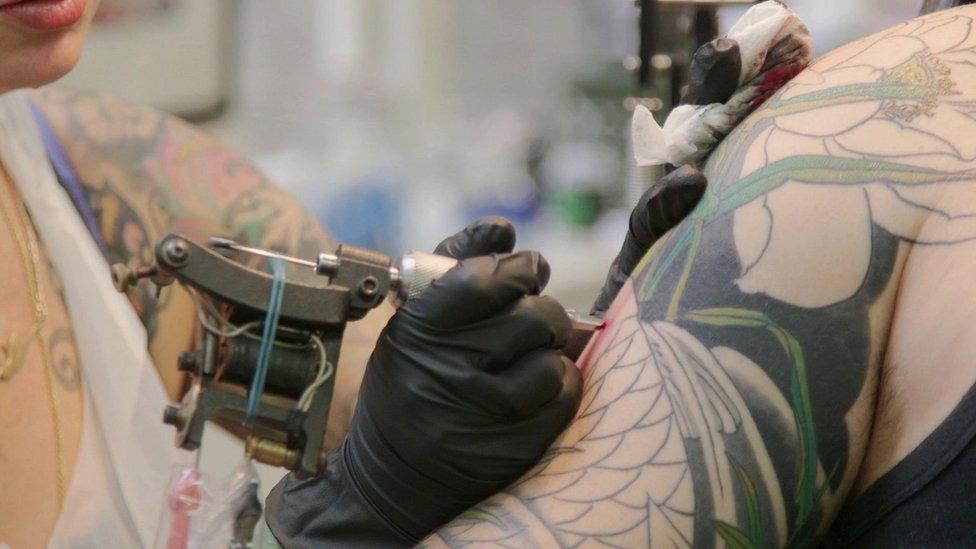
- Published2 November 2016
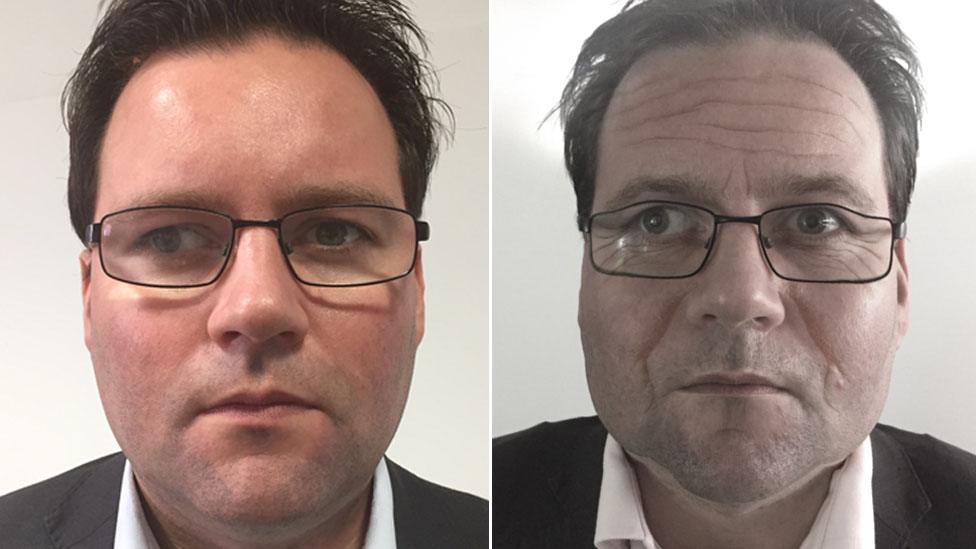
- Published1 November 2016

- Published22 May 2016
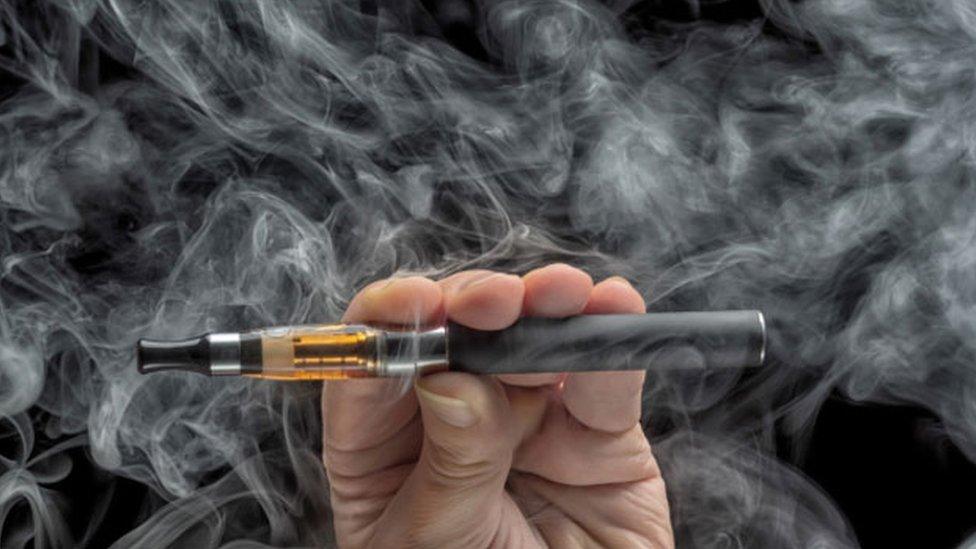
- Published17 March 2016
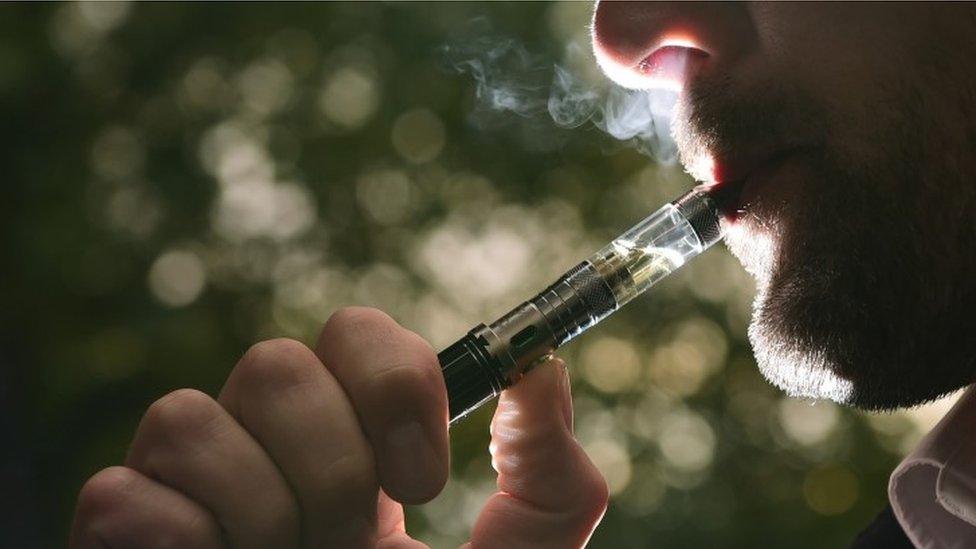
- Published16 March 2016
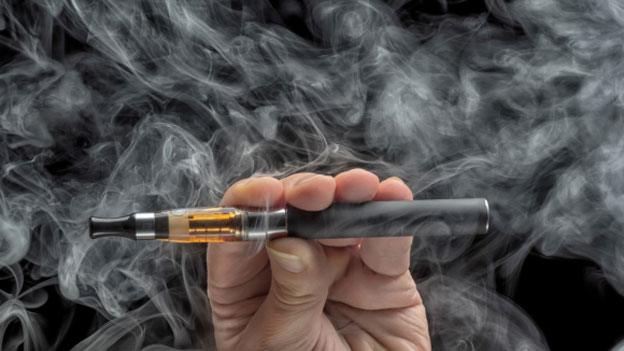
- Published29 September 2016

- Published8 March 2016

- Published9 June 2015

- Published7 November 2016
